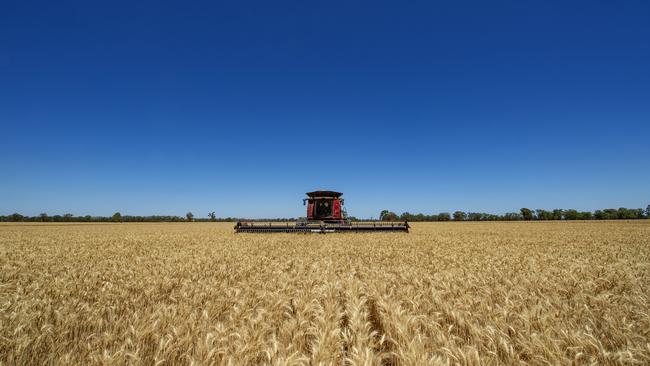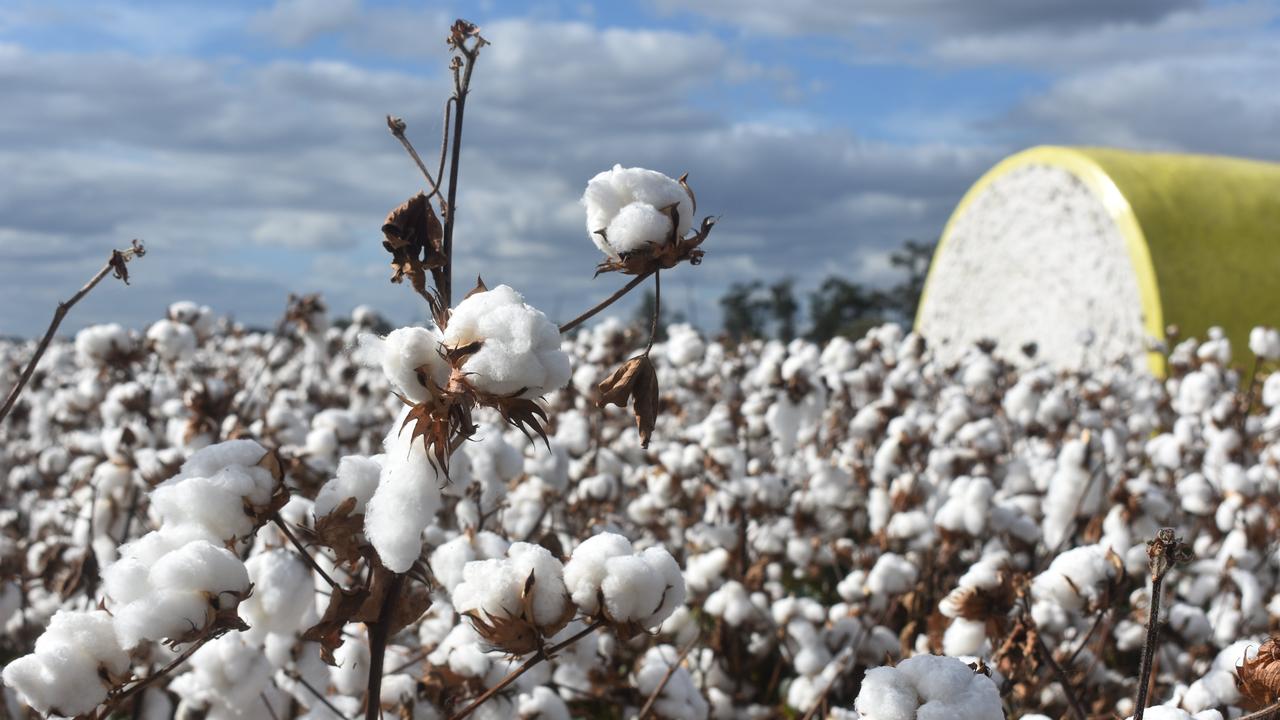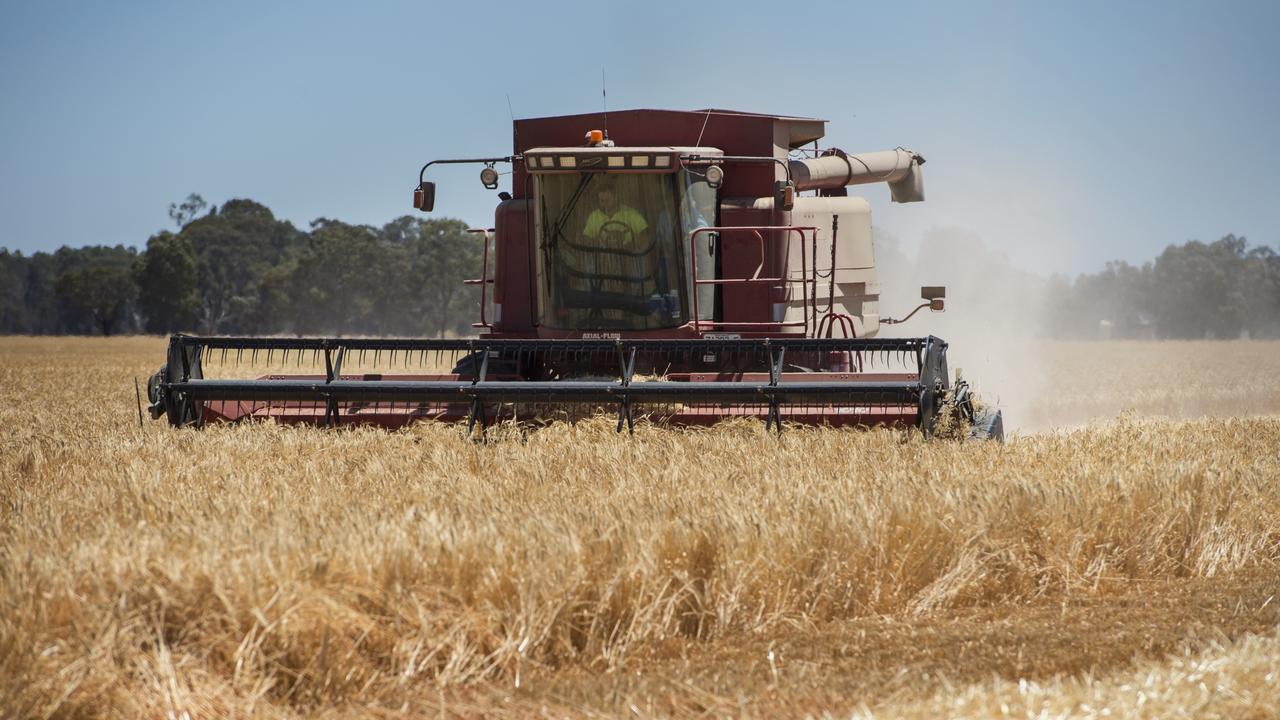Outlook: Bright signs for Australian agriculture in 2021
Australian agriculture has a positive outlook for the year ahead, but it will be presented with challenges.

AUSTRALIA’S agriculture industry is in for a profitable year ahead, despite turbulent trade tensions with China.
Rabobank’s 2021 Agribusiness Outlook report has found the positive outlook was being supported by high commodity prices and promising seasonal conditions.
A generally profitable 2020-21 for farmers will help with the recovery from devastating east-coast drought conditions, the coronavirus pandemic recovery and reducing reliance on China, the report showed.
“Despite the punitive actions of China on Australian agriculture, high agricultural commodity prices, low interest rates and positive seasonal conditions are underpinning a positive outlook for most farmers in 2020-21,” report author Tim Hunt said.
For wheat, strong global demand is anticipated to keep prices firm through the year and rising global feed grain demand and supply constraints should support feed grain prices, the report found.
But the agriculture sector is expected to face some challenges, presented by the coronavirus pandemic, continuing trade wars, completion of Brexit and a change in the US presidency. The report said grain-exporting countries were reconsidering export quotas and taxes over food security concerns, while port strikes could threaten trade flows. Yet strong demand for food and agri commodities is seeing global prices supported, Rabobank found.
Meanwhile, above-average rainfall in 2020 has set up an impressive winter crop, along with higher-than usual moisture to open 2021 and “significantly increased” storages across the Murray Darling Basin, the report said.
“This is improving broadacre farm incomes, boosting locally-grown feed and underpinning better water allocations for irrigators,” Mr Hunt said.
Rabobank indicated the sector’s reliance on the Chinese market would need to be negotiated by Australian agriculture.
“Australian barley, wine and timber exports into China remain effectively blocked as we enter 2021,” Mr Hunt said.
He said “informal impediments” also appeared to be constraining shipments of cotton and lobsters.
“2021 will likely mark a watershed year, in which Australia starts to reduce its reliance on China, voluntarily or otherwise,” Mr Hunt said.


